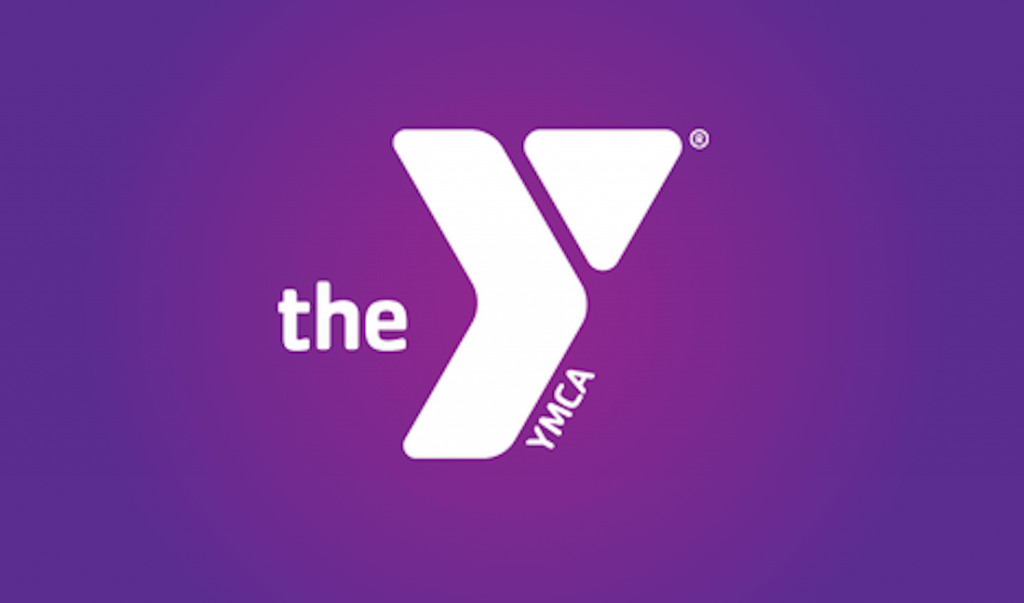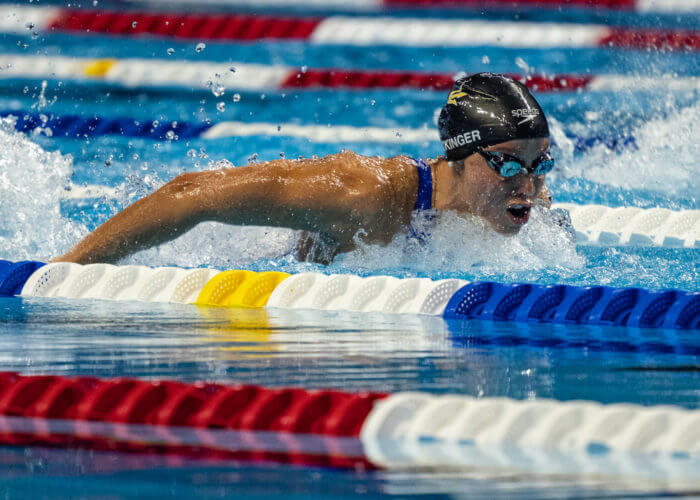Commentary: The Values Found in YMCA Swimming

Commentary: The Values Found in YMCA Swimming
By Josie Wise, Swimming World Intern
The National YMCA Competitive Swimming program is a long-standing pillar of competitive swimming that should not be underestimated when looking at the sport. YMCA swimming stands out in its ability to produce athletes that are not only fast swimmers but also capable leaders and valuable community members. The experiences that young athletes encounter during their time at the Y follow them throughout the rest of their lives – which is often at the next level of swimming. It’s hard to imagine what competitive swimming would look like today without the YMCA.
A Brief History of YMCA Swimming
It’s impossible to fit the entire history of Y swimming on one page. It certainly didn’t gain its expanse overnight. The first YMCA was founded back in 1844 as a type of sanctuary for young men who were facing the rough streets of an industrialized London. About four decades later, when YMCAs had been brought over to America and expanded to more locations, the first Y swimming pool was built by Brooklyn Central YMCA. From there, the idea snowballed and YMCA swimming was born. Since that first “swim bath” in 1885, Y swimming has grown exponentially. It has created many aquatics programs, just a few being George Corsan’s Teach America to Swim campaign, Lifeguard Training and Certification, a Scuba program, inclusive swim lessons, and of course their competitive swimming program that became home to the National YMCA Swimming and Diving Championship. In America today, there are 2,700 YMCAs and approximately 650 YMCA competitive swim teams.
YMCA Core Values
The YMCA would never be where it is without the people that guide its mission. Meredith Griffin, Competitive Aquatics Technical Advisor for the YMCA, believes that being “a Y swimmer means being part of a team that strives together, competes together and achieves together.” There’s no divide between those swimmers that perform at high levels, and those with strong character. Griffin explains that those two traits are complementary rather than mutually exclusive. If you ask any YMCA swimmer what the Y’s core values are, they will likely be able to rattle them off if they’ve paid any sort of attention at practice over the years: Honesty, Caring, Respect, and Responsibility. All four of those characteristics play into that idea of togetherness and character development Y swimmers can expect.
It’s not only in the pool or on the pool deck that Y swimmers learn their life skills. Griffin expresses that being part of a Y team is accompanied by responsibilities to help strengthen a swimmer’s community as well. “For Y swimmers, this may start in the pool but over time they are exposed to volunteer and leadership opportunities that encourage them to be part of something bigger than themselves.” YMCAs can be found hosting a multitude of community events each year: Triathlons, Easter egg hunts, and summer camps. It’s not uncommon to find YMCA swim team members volunteering their time at these places.
Successful Swimmers and the People Behind Them

Photo Courtesy: Peter H. Bick
The Olympics are obviously the highest level of swimming, and only a minuscule number of athletes actually make the Olympic roster. Nonetheless, this year alone you will find five former YMCA swimming members representing the USA in Tokyo. Zach Apple graduated from Great Miami Valley YMCA in Ohio, Hali Flickinger from York YMCA in Pennsylvania, and Emma Weyant was formerly with Sarasota YMCA in Florida. On the Paralympic side, there’s Hannah Aspden and Robert Griswold from the YMCA of the Triangle and Ocean County YMCA, respectively. These big names are an easy way to confirm that YMCA swimming knows what it’s doing in terms of producing quality coaching, training, and athletes.
On the topic of quality coaching, that’s another important thing to address when it comes to the YMCA. Not only coaches, but the parents, organizers and volunteers who give their time to Y swimming are a backbone of the organization. When COVID hit, every team and league handled things in their own way. Over at the Y, Griffin experienced “the Y community, especially the coaches,” to be “very resilient and possibility-focused, not problem-focused.”
The people behind the scenes of decision-making during that time made sure to do everything they could to figure out what came next for the kids and families that were looking toward them. Griffin says weekly “Y Swim Coaches Forums” were immediately formed to discuss all the different directions and possibilities. Those forums were so successful and beneficial that they’re continuing. This is just one example of the extra effort that the YMCA family dedicates to its organization. Griffin started her work with the Y because she simply wanted to continue coaching. She stayed for years because of her love for the culture and sense of community.
Responsibility, leadership, devotion, respect… these are concepts that ring true in swimmers from every club and team around the globe. They’re amplified in the YMCA through that initial outreach and impact of young athletes who go on to be vital members of the swimming world and beyond.
All commentaries are the opinion of the author and do not necessarily reflect the views of Swimming World Magazine nor its staff.




Very nice article. Very informative and timely. Thank you!
What a phenomenal reading experience
Great Article. thanks for highlighting YMCA Swimming and Values
Loved this, sharing it with my nieces.